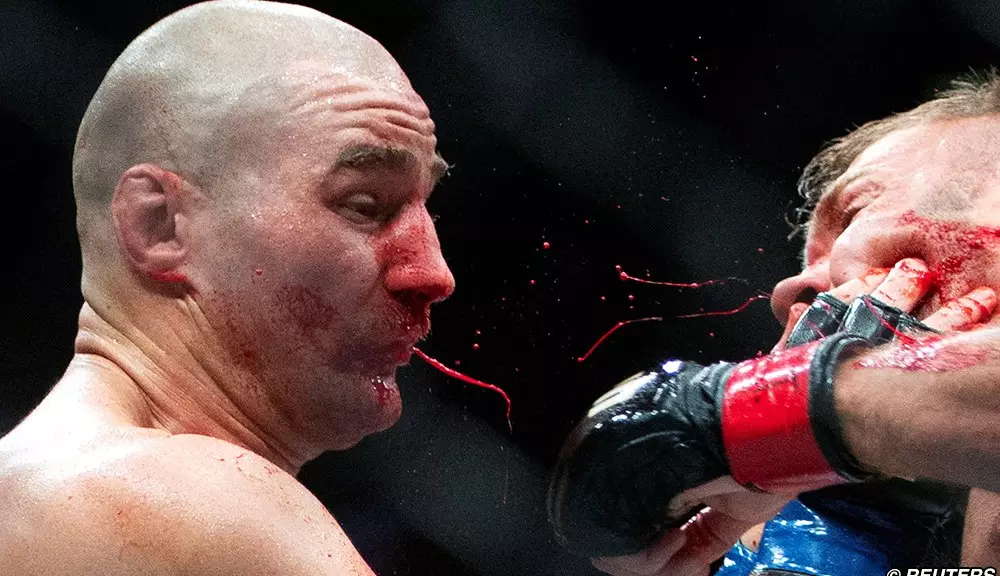In the fast-paced world of mixed martial arts (MMA), adaptability and evolution are paramount for success. Recent events surrounding Sean Strickland, especially his defeat at UFC 312 to Dricus Du Plessis, illustrate a critical point: fighters must evolve or risk being left behind. Strickland’s performance in this match, characterized by a lack of aggression and a failure to adapt his style, has raised concerns among analysts, including former champion Demetrious Johnson. This reflects a larger issue within MMA where a fighter’s reliance on a singular style can result in detrimental outcomes.
Demetrious Johnson’s critique of Strickland’s approach highlights a crucial aspect of professional fighting. Strickland’s unwavering commitment to a specific fighting style—the ‘Philly Shell’—has its merits, but it can also lead to predictability. While this defensive technique has worked well in previous bouts, including a split-decision win earlier in his career, the ability to outthink and outmaneuver opponents is increasingly essential at the championship level. Johnson emphasizes that the rigidity of Strickland’s strategies might hinder his performance, particularly when facing opponents who can effectively counter his methods.
Johnson argues that in order to remain competitive, fighters must be willing to evolve. This evolution involves more than merely practicing techniques; it requires a mindset geared towards continuous improvement. Adjustments to strategy based on opponents’ strengths and weaknesses can make the difference between victory and defeat. Strickland’s inability to adapt during his fight with Du Plessis serves as a cautionary tale for any fighter who might be tempted to rely solely on established methods. Embracing new skills and approaches is essential for long-term success in the cage.
A significant point raised by Johnson is Strickland’s tendency to prioritize defense over offense. In martial arts, the most effective fighters are often those who can maintain a balance between protecting themselves and launching effective attacks. By favoring a defensive position, Strickland effectively limits his scoring opportunities, allowing his opponents to dictate the pace of the fight. Johnson’s perspective sheds light on how Strickland might regain competitive edge: by enhancing his offensive play while still being defensively sound, he could create openings for victory rather than allowing opponents to capitalize on his conservatism.
The path forward for Strickland likely involves engaging with fresh techniques and strategies, possibly revisiting past opponents in the quest for redemption. The suggestion of a rematch with Israel Adesanya, as proposed by Du Plessis, might serve as both a challenging and beneficial opportunity for Strickland to showcase his growth. Should he embrace this chance with a newfound adaptability and aggression, it might just lead to a compelling narrative of redemption in the highly competitive realm of the UFC.
The dynamics of success in MMA are rooted in continuous evolution. Strickland’s recent defeat serves as a reminder that fighters must be willing to update their strategies and fighting styles, ensuring that they do not fall behind in an ever-evolving sport.

